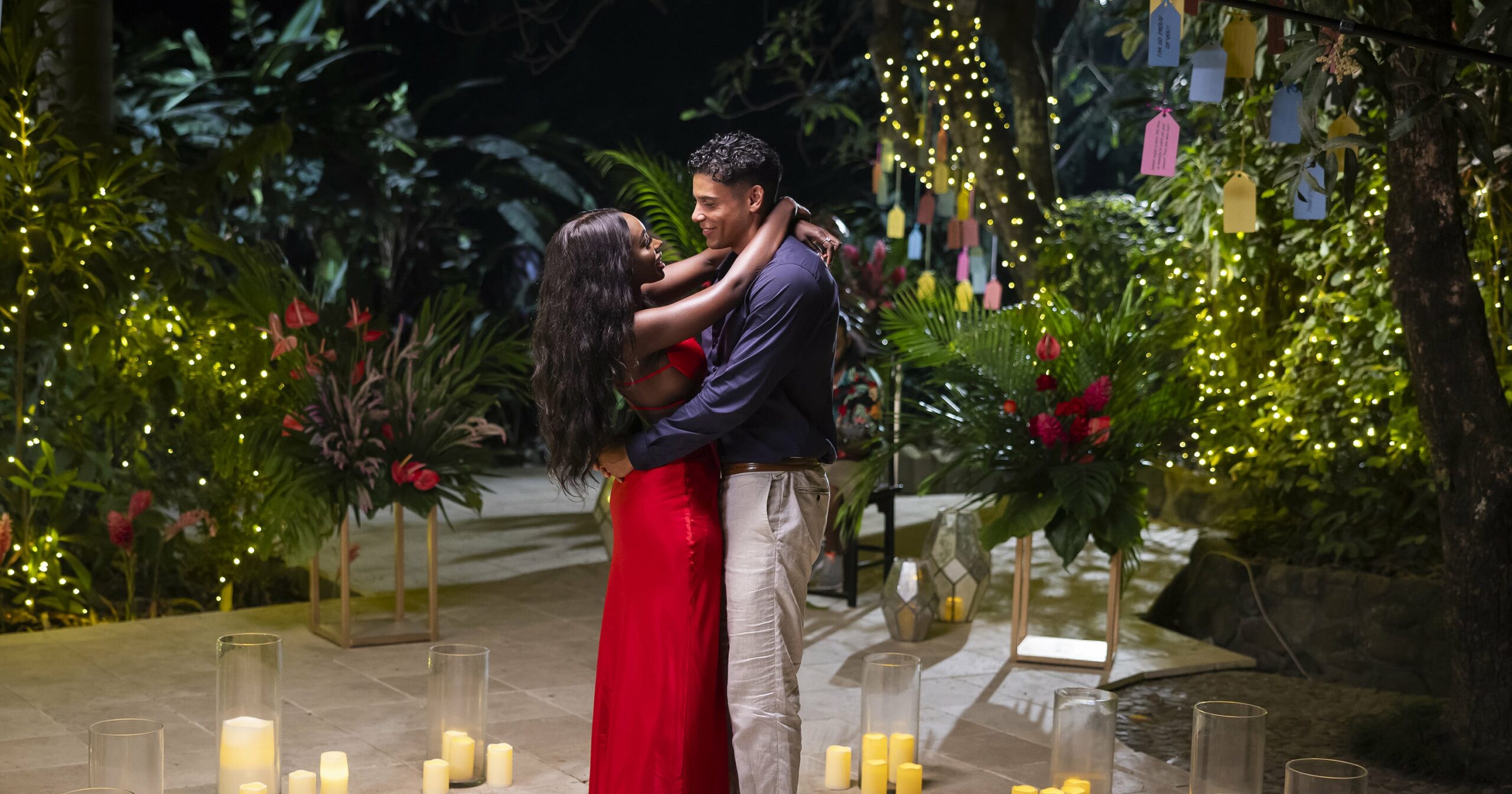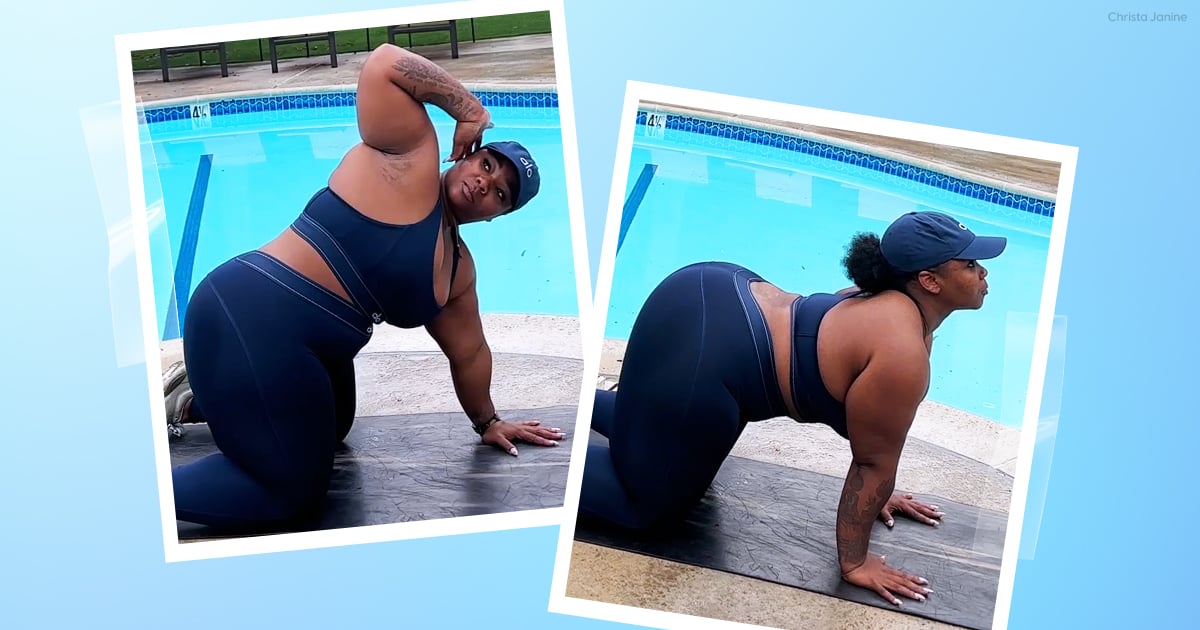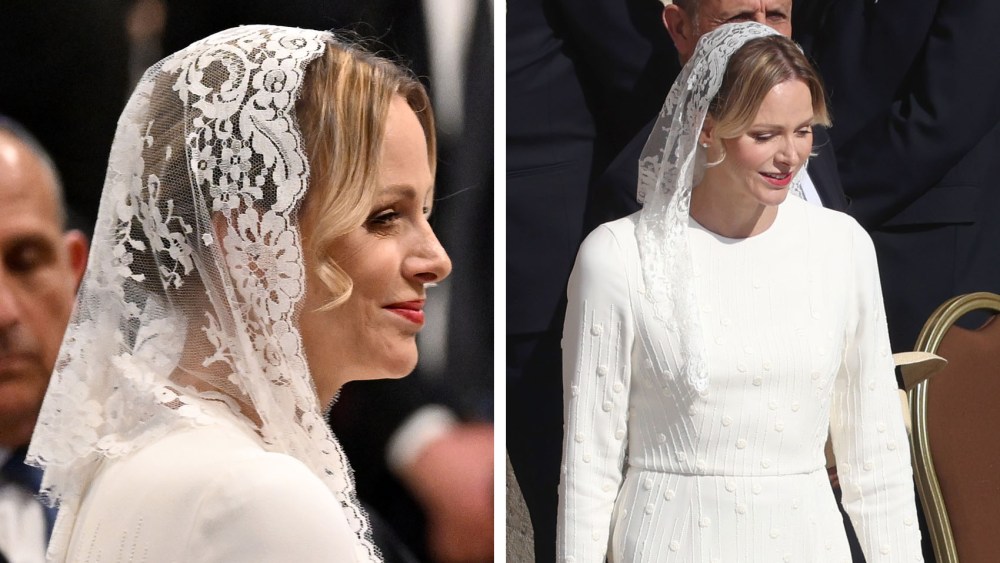More often than not, Black women get the short end of the stick on reality dating shows. From microaggressions to being put on the back burner in favor of their fairer-skinned castmates, their unfair treatment is often difficult to watch as a Black woman myself. But this season of “Love Island USA” has been a pleasant surprise: the audience saw two beautiful Black women fully be themselves and find genuine connections in real time.
JaNa Craig and Serena Paige are two breakout stars from the sixth season of “Love Island USA.” Their personalities, authenticity, beauty, and strong female friendships instantly pulled viewers in. They also made up two-thirds of the trio known as the Powerpuff Girls, or the PPG, a friend group known for their sisterhood, hijinks, and general support for one another. At the end of the season, JaNa finished in third place with her partner Kenny Rodriguez, while Serena was the season’s winner alongside Kordell Beckham.
Despite their happy endings (or, I should say, beginnings), their journeys were far from easy.
JaNa coupled up with bombshell Connor Newsum and the two seemed happy – until he started to express interest in her friend and fellow PPG, Leah Kateb. Over time, Connor withdrew from their relationship, became passive aggressive toward her, and in the end, discarded her.
We aren’t afterthoughts and don’t have to be comfortable with accepting scraps of love.
Watching this happen to JaNa in real time was heartbreaking, not only because her romantic relationship changed, but so did her friendship dynamics. Because she and Leah were interested in the same guy, for a brief moment, their friendship was strained.
It felt like JaNa could not catch a break with her main prospect leaving her out to dry and the majority of the men actively pursuing the non-Black women in the Villa. Eventually, her time came when Kenny entered the Villa and the two hit it off from the start. But, even with their blossoming relationship, many fans doubt the validity of their relationship to this day.
From viewers saying that Kenny was not attracted to her to going as far as to say that he was a scammer trying to win, it felt like people were rooting for JaNa to not find love. If she were any other race, people might not be doing the same mental gymnastics. But because JaNa is a dark-skinned Black woman, the implication was that Kenny couldn’t possibly be attracted to her.
This type of assumption is quite common on “Love Island” and in real life. Viewers online thought the same for Lochan Nowacki and Whitney Adebayo, who were season 10 runners-up, and who are still going strong a year later. I’ve personally been subject to the same sentiment in prior relationships: in college, I remember running into a guy I hooked up with at a coffee shop, and the white classmate I was with was shocked, saying, “You hooked up with him? But he’s my type,” as if it were impossible for someone she finds attractive to be attracted to me.
As a Black woman, it’s frustrating and frankly annoying to face this mindset in others. People can’t fathom that we are desirable or that someone could possibly choose to be with a Black woman over them. Yes, we are beautiful and desired by suitors of all races. We aren’t afterthoughts and don’t have to be comfortable with accepting scraps of love that people think we should be grateful for. We all deserve to find a man who stares at us the way Kenny stares at JaNa. We shouldn’t have to accept anything less than a man who will confidently tell us, “I want you. I need you,” like we’re in a romance novel.
JaNa dealt with a lot of uncertainty before finding her strongest connection. Serena’s love story, on the other hand, started on day one: Serena and Kordell’s relationship throughout the show had many ups and downs, and after coupling up in the first episode, Serena told Kordell she wanted to take things slow romantically. Even though she communicated her boundaries clearly and tried to be as respectful as possible, viewers online and the men in the Villa thought she was toying with his feelings.
She was damned if she did and damned if she didn’t. If she had moved quickly, people would say she was disingenuous and trying too hard. But because she put up a boundary early on and didn’t budge, she was viewed as rigid. Serena stood on business and knew what she needed to do to build a relationship for her and her partner – not for anybody else. People want Black women to adapt and bend to whatever is easiest for everybody else. By staying true to herself, Serena showed that following your intuition and enforcing your boundaries can lead to what is best for you.
The biggest test of Serena and Kordell’s relationship came midseason, when the men headed to Casa Amor. Serena and fellow contestant Kaylor Martin received videos of the men getting to know and being physically intimate with other women. Watching this left both Serena and Kaylor distraught, but seeing how the Islanders responded to each of them was quite telling.
Despite all the emotional turmoil these women faced, they continued to be unapologetically themselves and never settled.
Kaylor, a white woman, immediately cried and was comforted by fellow Islanders. Serena, on the other hand, who was known to be more calm and guarded, went through a multitude of emotions as she processed her pain. Because she didn’t cry like Kaylor, some assumed that she didn’t care as much or didn’t need immediate support.
Seeing Serena process her emotions – through comedy, then anger, and sadness – was so powerful because you could tell she stopped caring about how she was being perceived. She let herself process in the best way she could, without the fear of being seen as the “angry Black woman.” Black women deserve to be vulnerable, however that looks, without fear or judgment.
It is so common for Black women’s feelings to be overlooked, undermined, or pushed aside in general, but especially in favor of men or white women.
Once they returned from Casa Amor for the recoupling, the men contestants constantly invalidated Serena’s frustrations toward Kordell by telling her she was overreacting and asking him, “Is that how you want your future wife to react?” It was frustrating to see the men call out Serena for being frustrated and upset after she was practically cheated on. When other women got into heated arguments, however, the men didn’t have the same energy.
Despite all the emotional turmoil these women faced, they continued to be unapologetically themselves and never settled for a love story that they didn’t deem worthy enough. They allowed themselves to be loud, unfiltered, and raw regardless of how it would make them look. They stayed true to themselves, which made us love them more and more with each episode.
As a 20-something Black girl who is taking my time to re-enter the dating pool, watching these women navigate dating in such a way that not only leaves millions in awe but results in strong, beautiful connections, I have hope for what I will find in the future. I will not settle. I will be myself. And when in doubt, I’ll ask myself, what would JaNa and Serena do?
Daria Yazmiene is a freelance writer, social media manager, and advocate for BIPOC communities. She is a proud graduate of Arizona State University’s Walter Cronkite School of Journalism.




